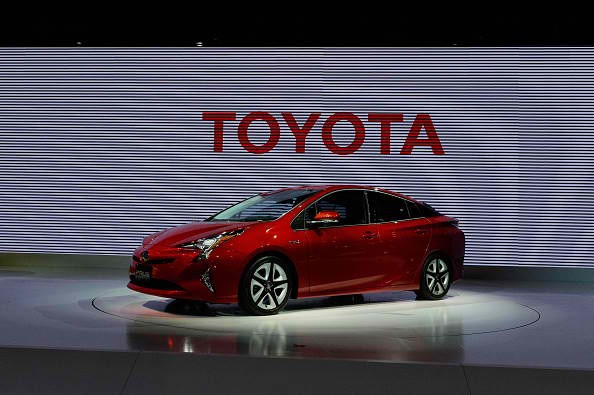Nielsen Holdings released a report indicating that the sales of new-energy vehicles (NEV) went down in the first half of 2016.
This is due to the recent cuts in subsidies from the government and the low car purchasing quotas in big cities.
The Nielsen report, titled "The 2016 Chinese Automobile Consumers White Paper," was made with the China Association of Automobile Manufacturers.
Based on the report's findings, NEVs still have "a bright future for gasoline-electric hybrid cars in the long term. Consumer demand for new-energy vehicles is shifting from one that is policy-driven to being driven by individual needs, and NEV owners are young, highly educated and middle class."
Zhao Xinzhi, director of auto vertical of Nielsen China, said, "New-energy vehicles will continue to experience a higher growth rate than gasoline-powered counterparts in the next three years, but the threefold growth of the past two years is no longer possible for the next three years."
Because of the increasing number of educated middle class, the sales of NEVs are seen to grow by 2018. Nielsen forecast that sales will triple the amount of units sold in 2015. Over 200,000 vehicles were sold then and most of it was NEVs.
Zhao forecast that by 2020, the sales of NEVs will explode. This includes vehicles belonging in three categories: pure-electric cars, plug-in hybrid cars and gasoline-electric hybrid cars.
By this time, Nielsen believes that there will be 14 percent of car owners who will switch to pure-electric vehicles. There will be 22 percent who will use hybrid plug-in cars. Nielsen predicts that more consumers will be more environmentally conscious and will push NEV sales further.



























